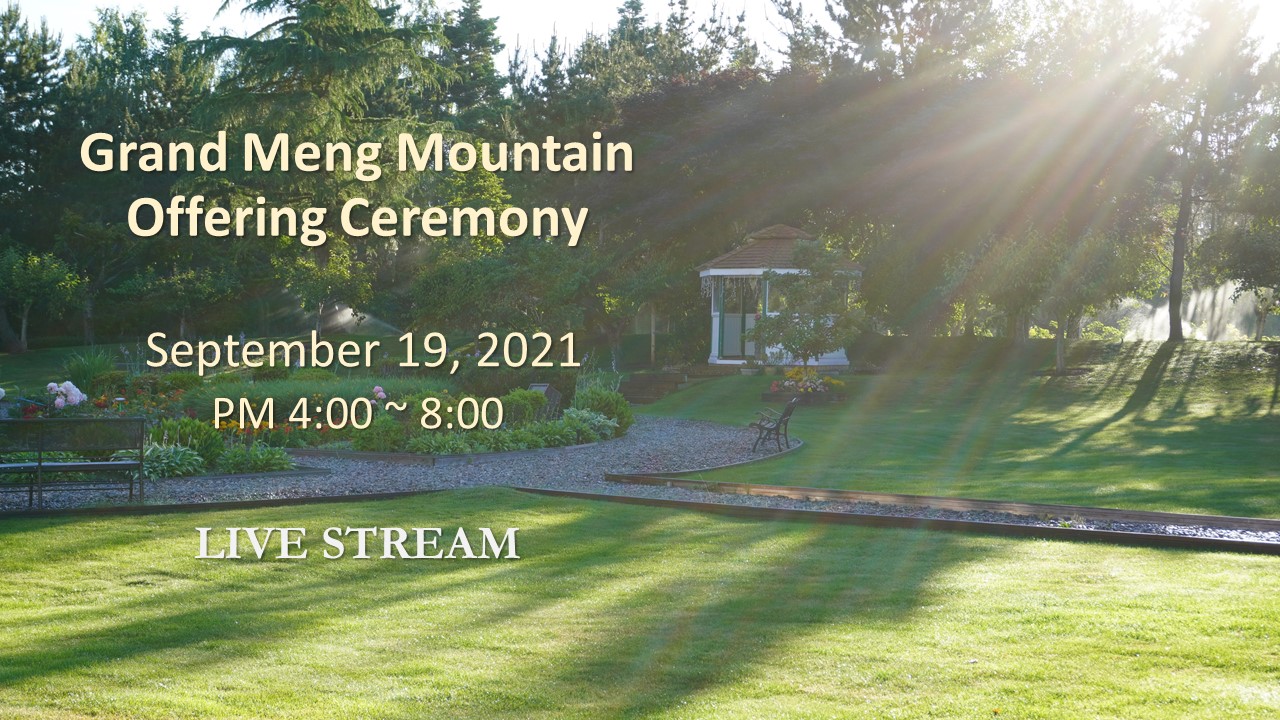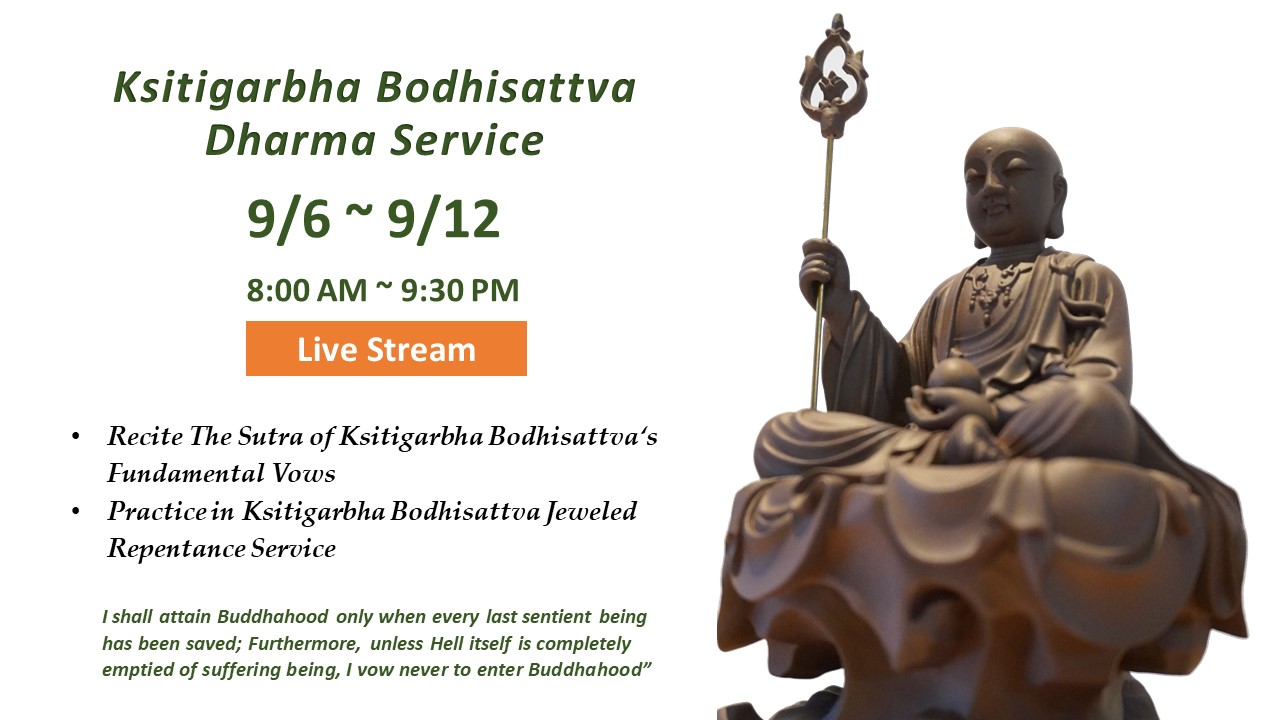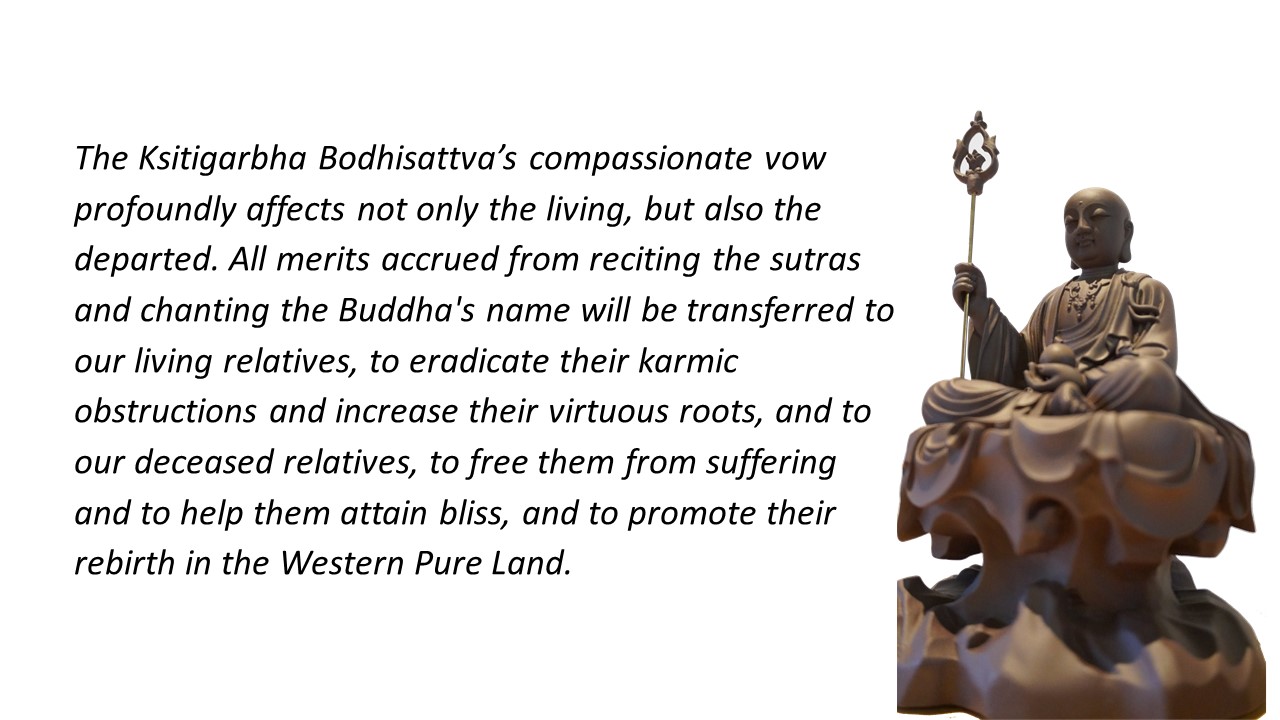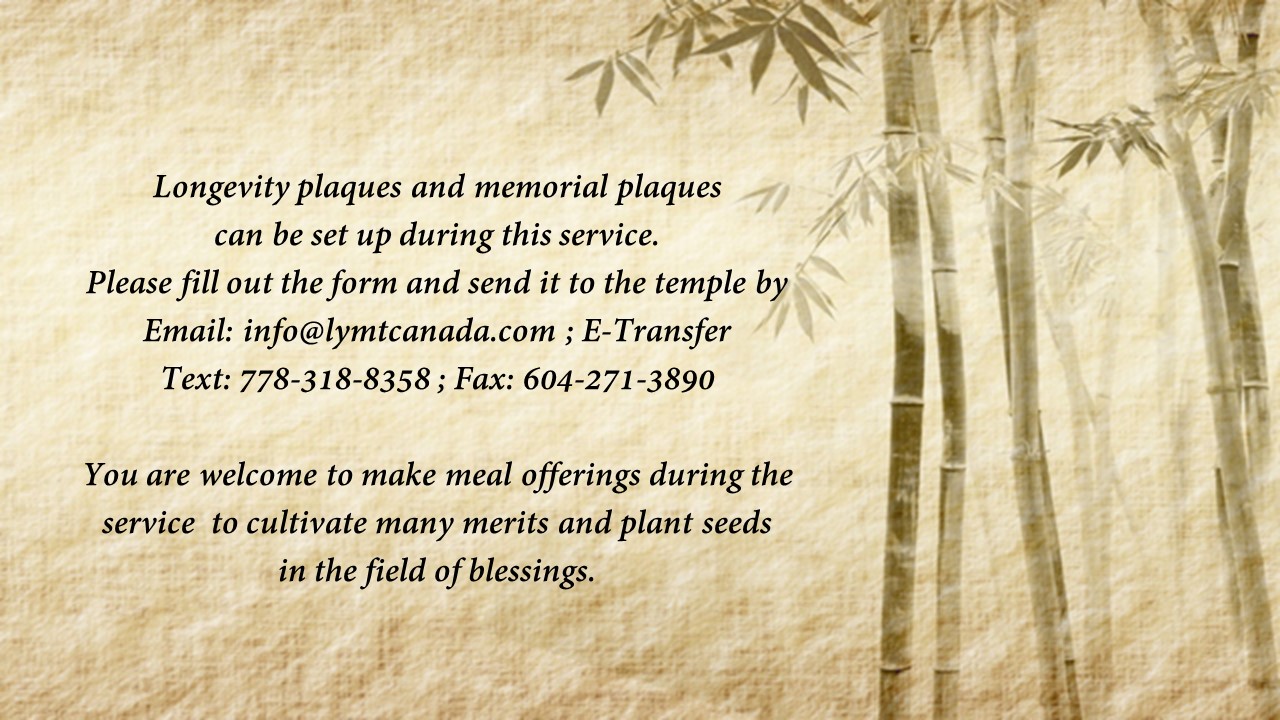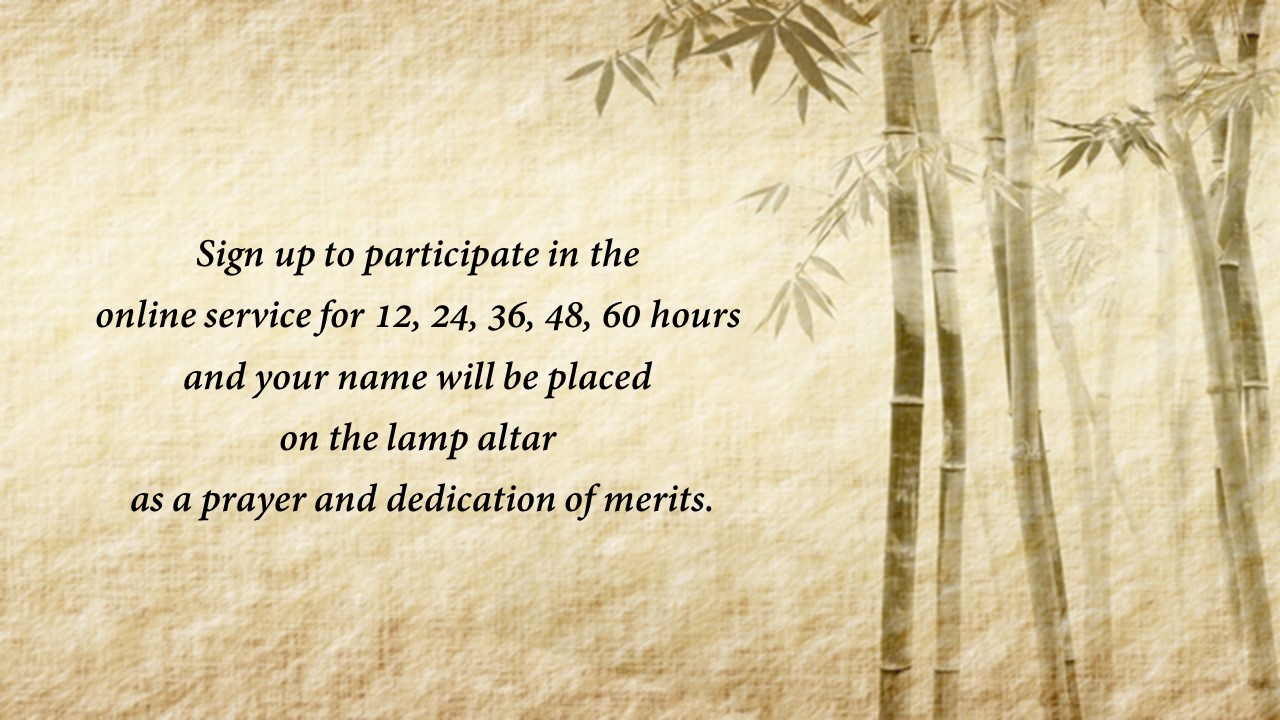Offering incense
By offering different kinds
of incense or sandalwood, we wish that all sentient beings will receive the
pure fragrance of precept observance, and eliminate all their afflictions and
defiled habits.
Offering flowers
People who offer flowers will not suffer from
afflictions and turbidities in the future. Their living environment will be
free from pollution. By respectfully offering fragrant flowers, people can
receive the following ten benefits:
1.
They will be like a flower
in all their interactions with others, and people will be happy to see them.
2.
Their bodies will be free
from foul odors.
3.
The fragrance of their
blessings and precept observance will permeate all directions.
4.
Wherever they are born, they
will have a healthy nose.
5.
Their
demeanor will be beyond the secular world
and they will receive the admiration of others.
6.
Their bodies will always be
clean and fragrant.
7.
They will enjoy pursuing the
truth and reading or reciting sutras.
8.
They will have great
blessings.
9.
They will be reborn in the
heavens at the end of this lifetime.
10.
They will quickly realize
Nirvana.
Offering lamps
By respectfully
offering lighting appliances and bringing brightness to others, people can
receive ten kinds of blessings:
1.
They
will shine luminously upon the world as if they were a bright lamp.
2.
They
will not suffer from eye illnesses.
3.
They
will easily realize the spiritual power of unobstructed vision.
4.
They
will have the wisdom to distinguish between good and bad.
5.
They
will not encounter gloomy and unfortunate events.
6.
They
will not be easily confused by external events.
7.
They
will not be born in dark and shady places.
8.
They
will have great blessings.
9.
They will be reborn in the
heavens at the end of this lifetime.
10.
They will quickly realize
Nirvana.
Offering fruits
People who offer fruits will
enjoy working diligently and be complete with concentration and wisdom in the
future. Offering fruits will lead to the realization of fruition with no
outflows (which is Nirvana: purity and a lack of afflictions).
Offering tea and drinks
People
who offer drinks will always be free from all afflictions and cravings.
Offering food
By respectfully
offering food, people can receive the following ten blessings:
1.
They
will enjoy a long life.
2.
They
will have healthy skin and a pleasant complexion.
3.
They
will be strong and energetic.
4.
They
will have unobstructed eloquence.
5.
They
will be fearless.
6.
They
will not be lazy in their work, and will always be respected by others.
7.
People
will enjoy their company.
8.
They
will have great blessings.
9.
They will be reborn in the
heavens at the end of this lifetime.
10.
They will quickly realize
Nirvana.
Offering perfume
By
sprinkling fragrant water on the Buddha’s stupas, or bathing the Buddha’s body
with fragrant water, or applying fragrant oil to a Buddha statue, people will
have an exceptionally adorned body and appearance in the future. By offering
fragrant water for sages to bathe in, they will be born in noble and wealthy
families in the future. They will also enjoy peace, happiness, and have few
illnesses.
Offering clothing
By respectfully
offering clothing, people can receive the following ten kinds of blessings:
1.
They
will have a dignified appearance.
2.
Their
skin will be soft, smooth and tender.
3.
Their
bodies will not pick up any dust or defilements.
4.
They
will have the best clothing as soon as they are born.
5.
They
will cover their bodies with the finest sheets and blankets.
6.
They
will have a sense of remorse.
7.
They
will be loved and respected by all who see them.
8.
They
will have great wealth and treasures.
9.
They will be reborn in the
heavens at the end of this lifetime.
10.
They will quickly realize
Nirvana.
Offering Dharma treasures
People
who offer the Dharma will have wisdom in the future. By offering sutras and explaining
the Dharma, people can receive the following five kinds of blessings:
1. Longevity:
After reading the sutras and listening to their explanations, people will not
create the karma of killing, so the giver will receive the reward of living a
long life.
2. Great
wealth: After reading the sutras and listening to their explanations, people
will not steal from others, so the giver will enjoy the reward of having great
wealth.
3. Dignified
appearance: After reading the sutras and listening to their explanations,
people will be calm and even-tempered, so the giver will receive the reward of
having a dignified appearance in the future.
4. Fame:
After reading the sutras and listening to their explanations, people will
generate faith in the Buddhadharma, so the giver will receive the reward of
being honorable and enjoying fame and prestige in the future.
5. Intelligent:
After reading the sutras and listening to their explanations, people will improve
in their ability to understand them, so the giver will receive the reward of
being intelligent in the future.
Offering jewels
By offering precious
jewels, people will be complete with the Buddha’s Thirty-two Auspicious
Characteristics. By offering necklaces made of jade and pearls, they will be
complete with the Eighty Minor Marks of a Buddha. By offering gold, silver,
pearls and jewels, we hope that all sentient beings will have bodies adorned
with many blessings. By offering jewels, we hope that all sentient beings will
receive the unsurpassed Dharma wealth of the Buddha.


 (Please call us at 604-271-0009 before transfer)
(Please call us at 604-271-0009 before transfer)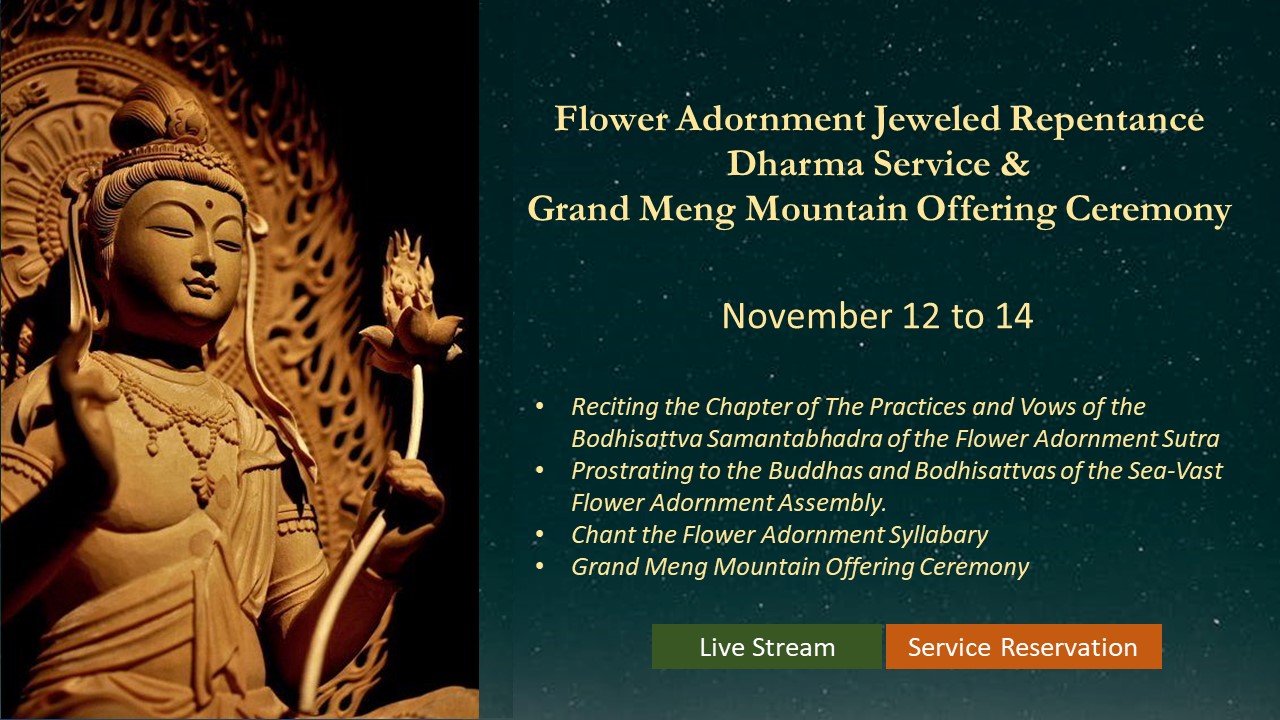
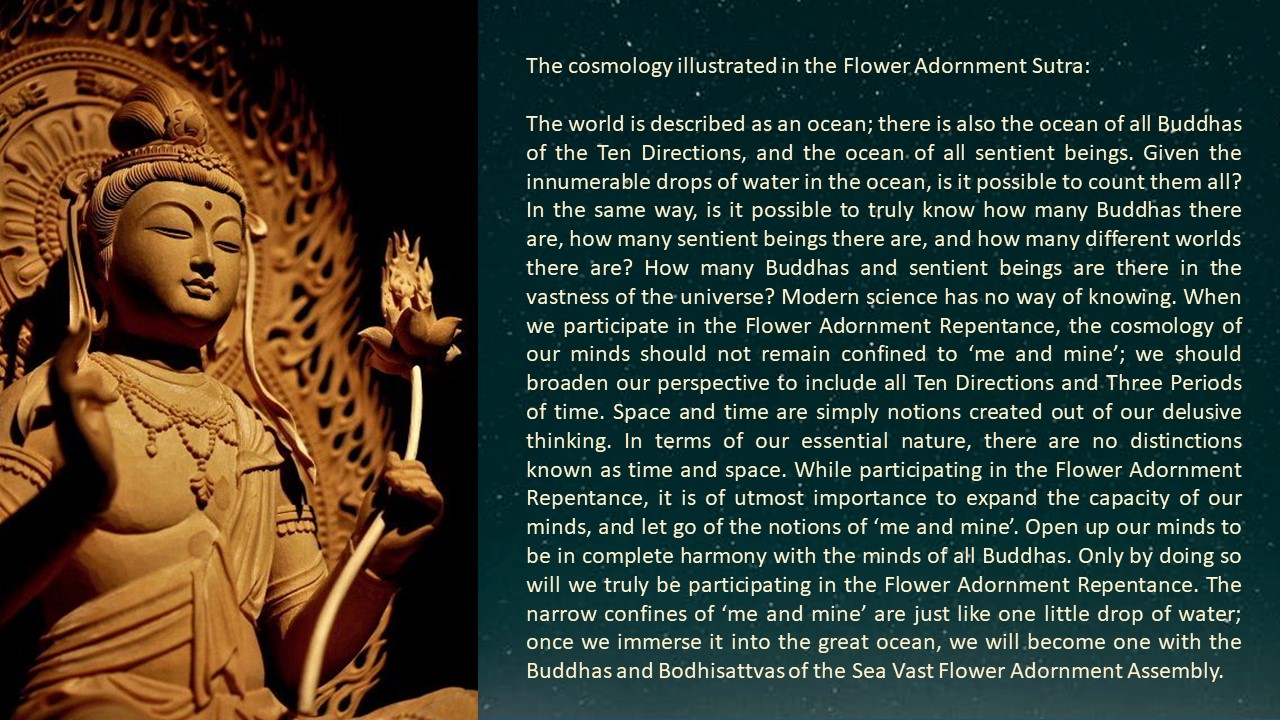
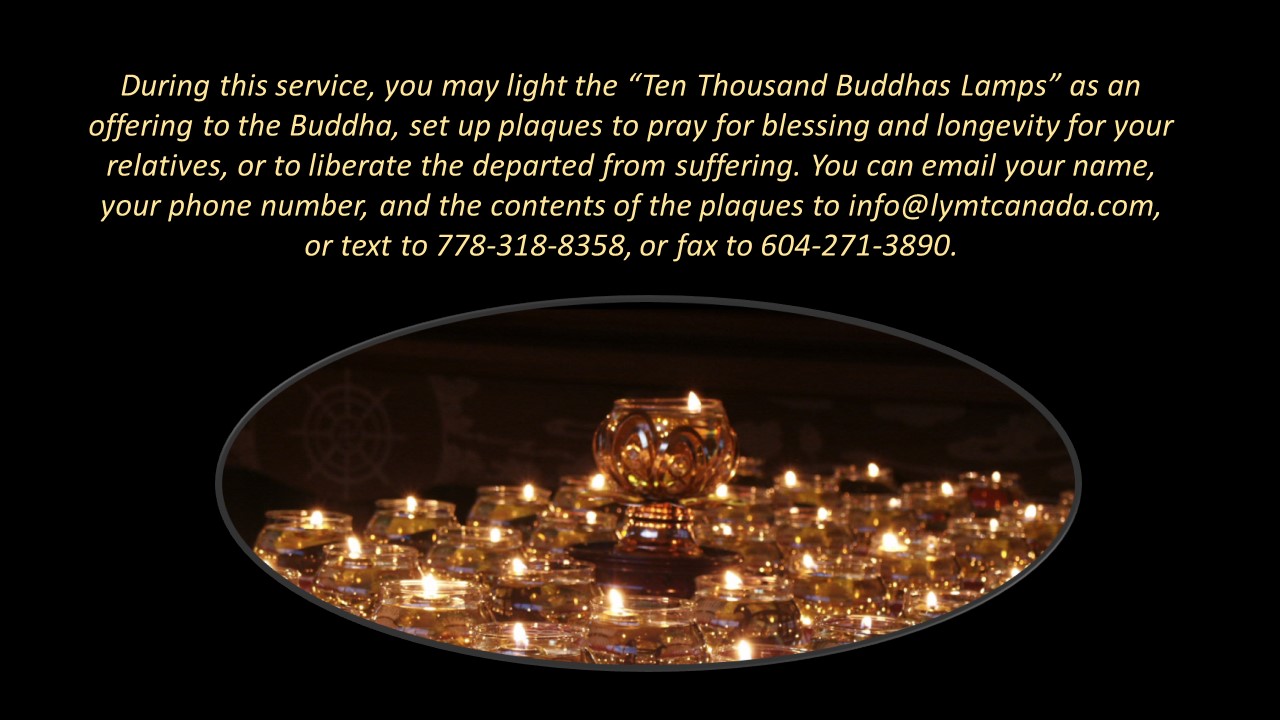
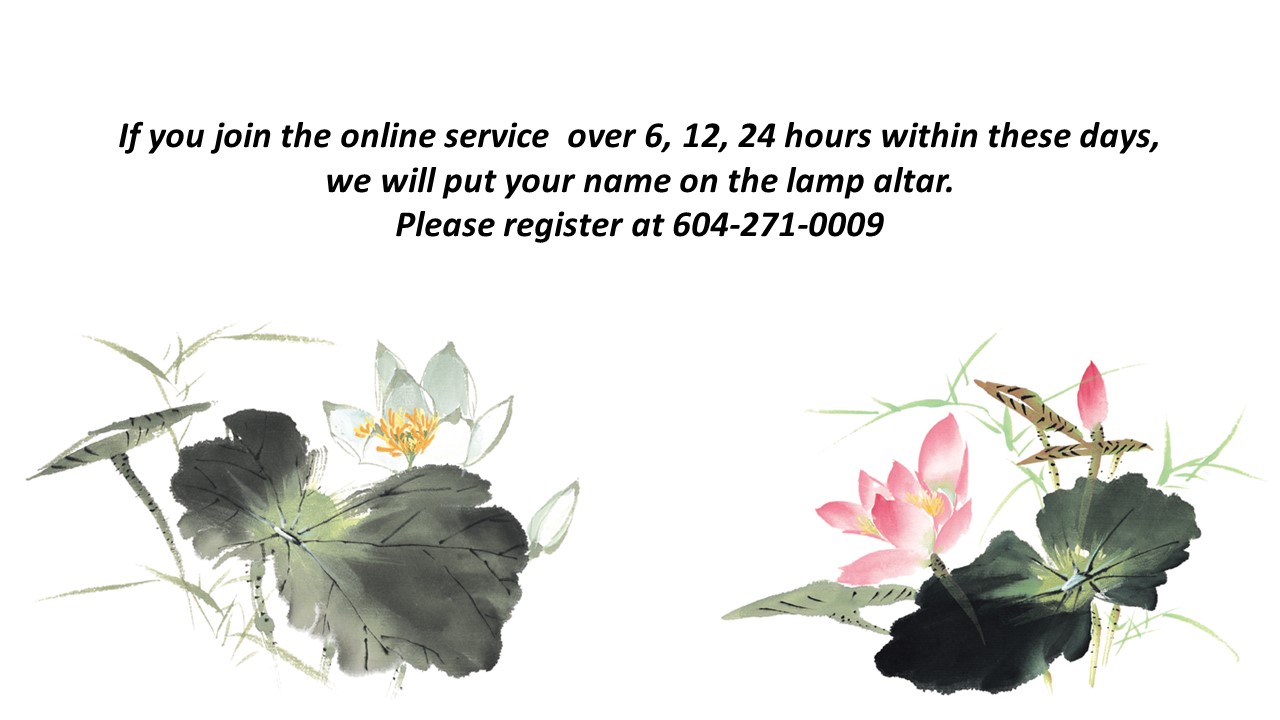
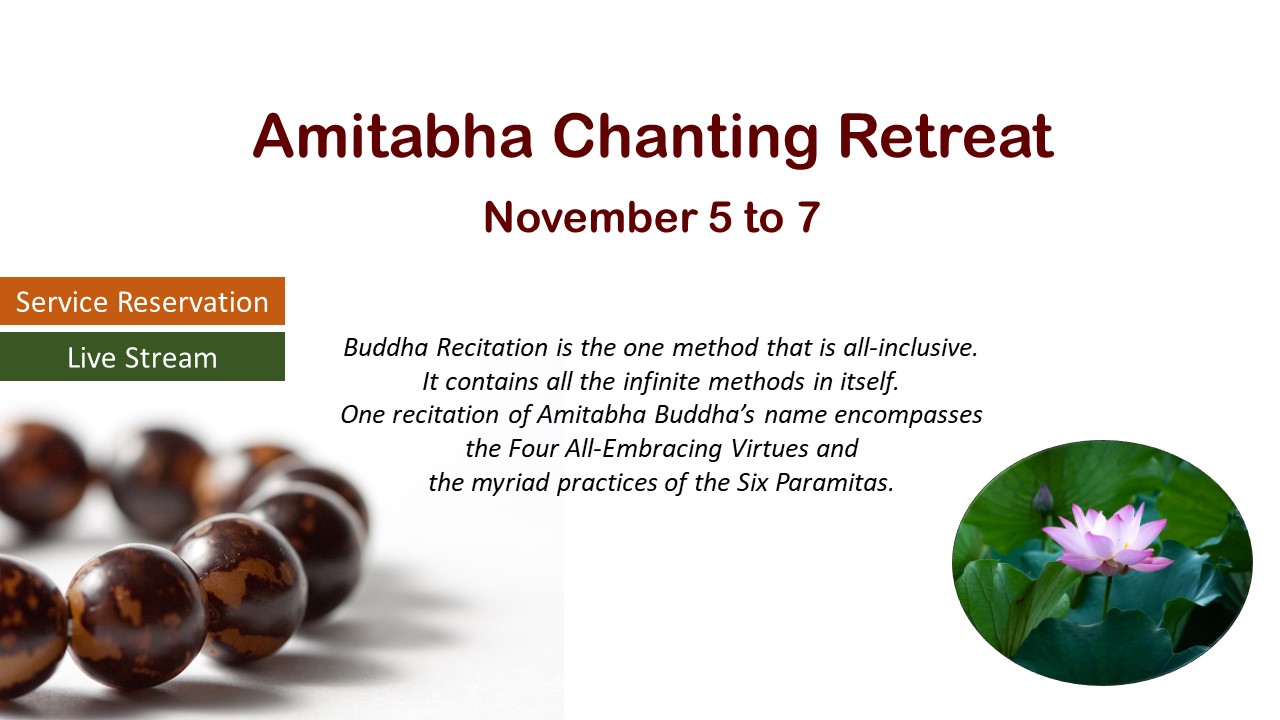
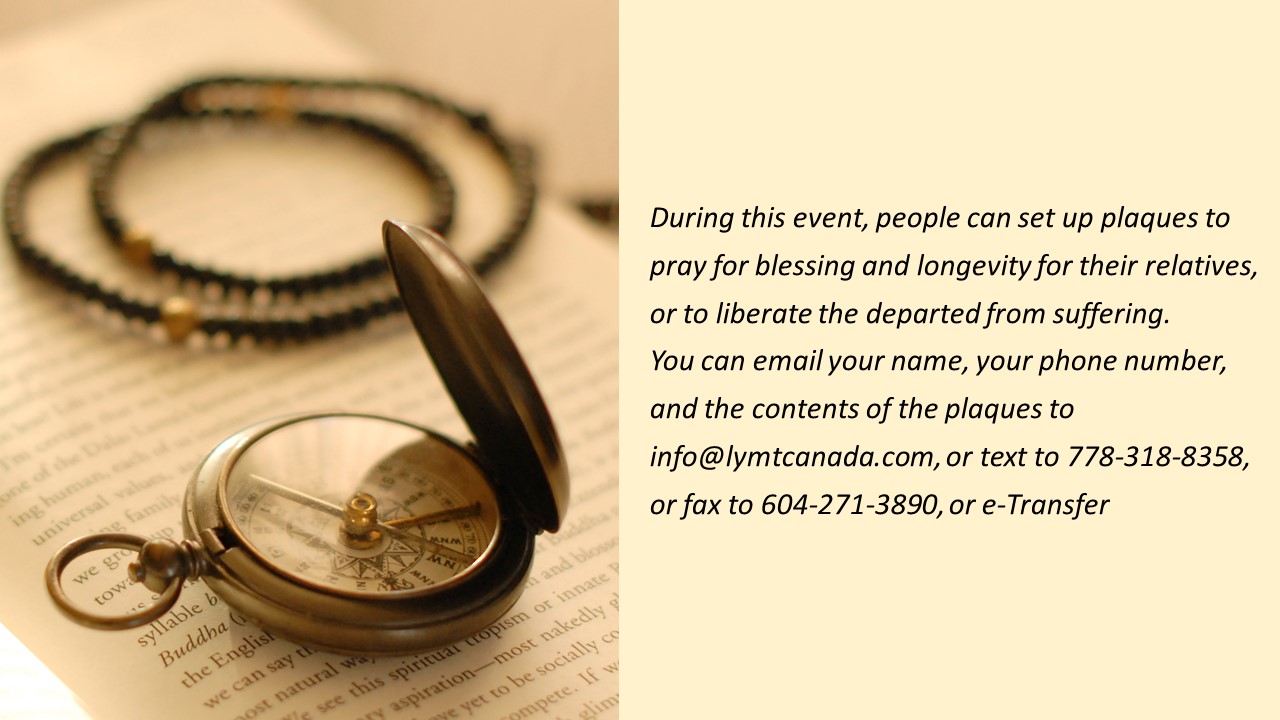
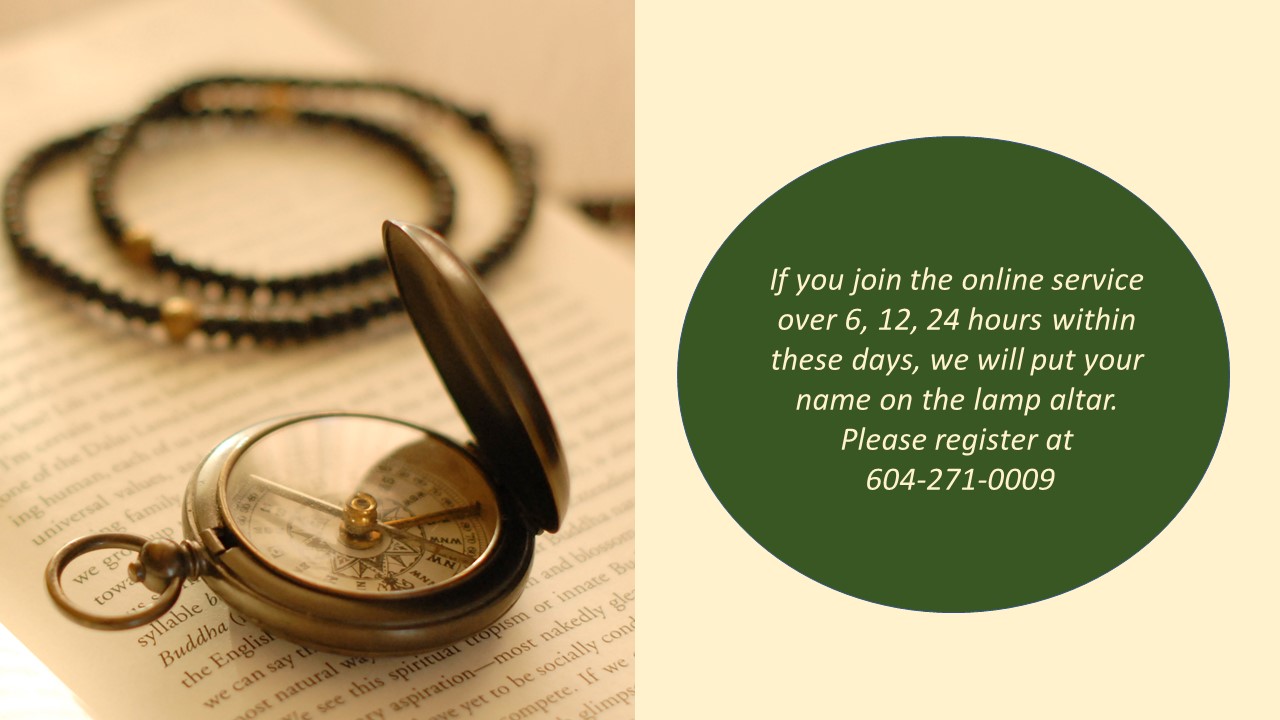

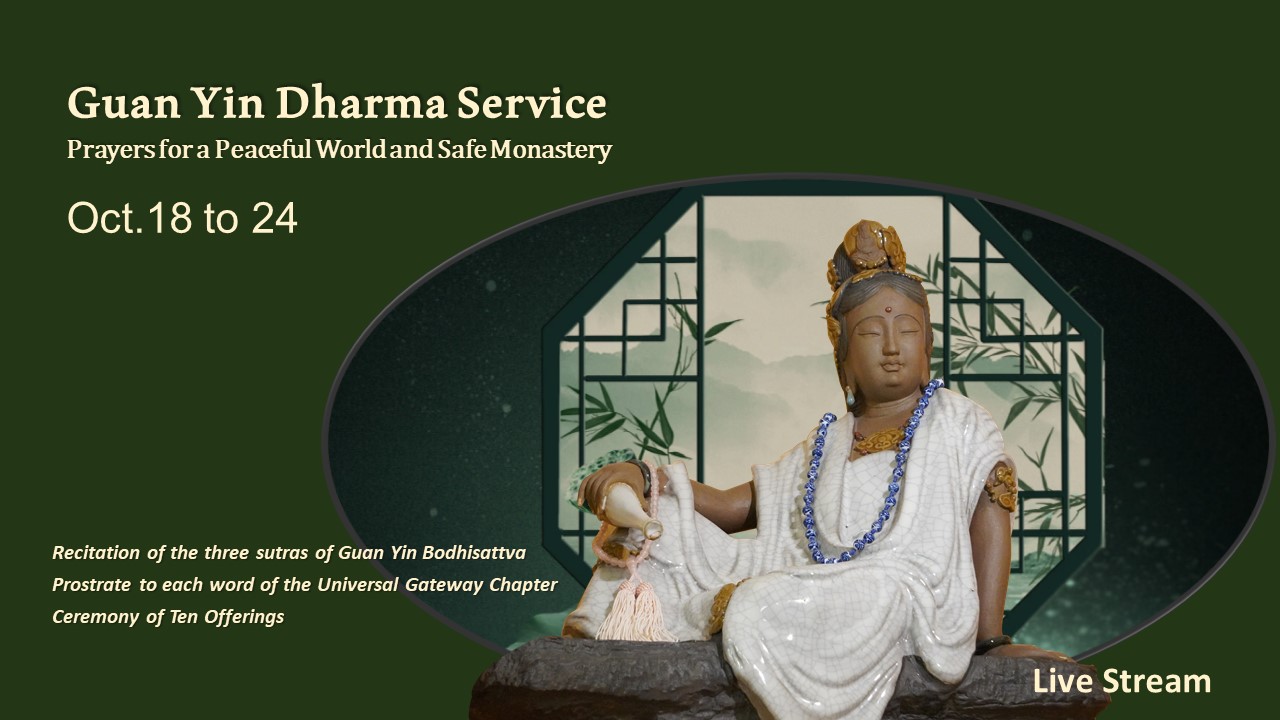
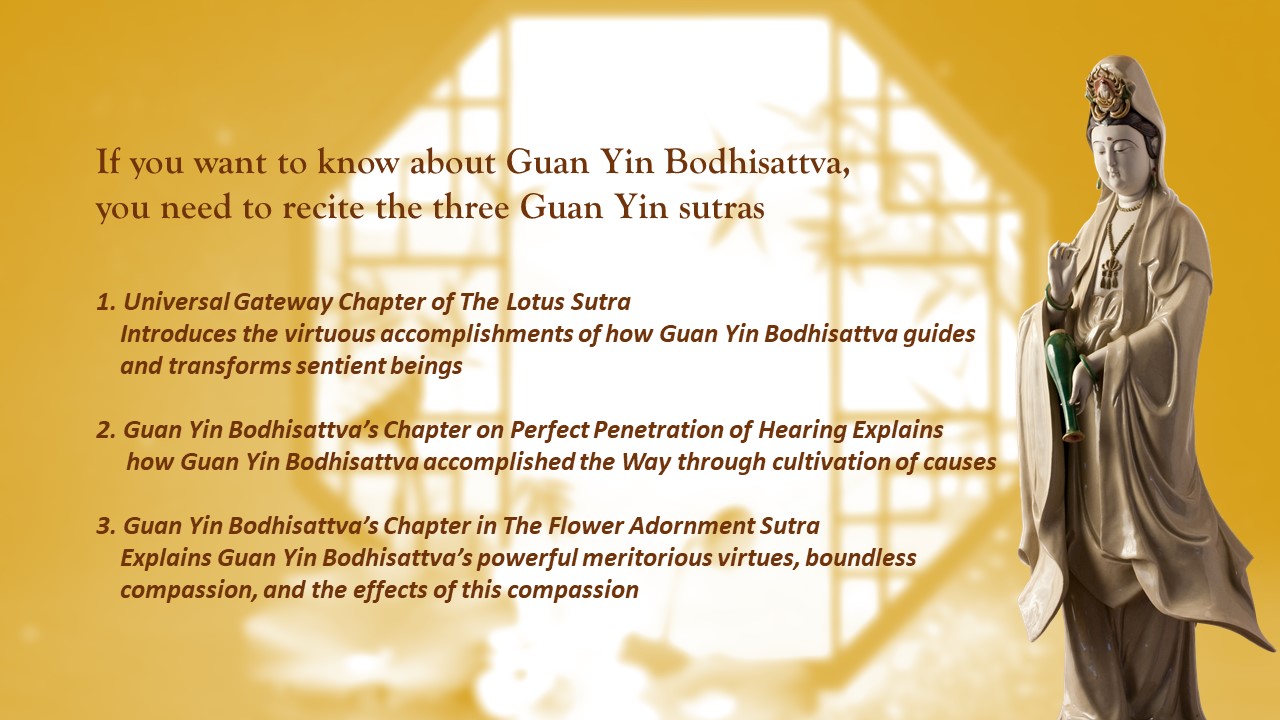
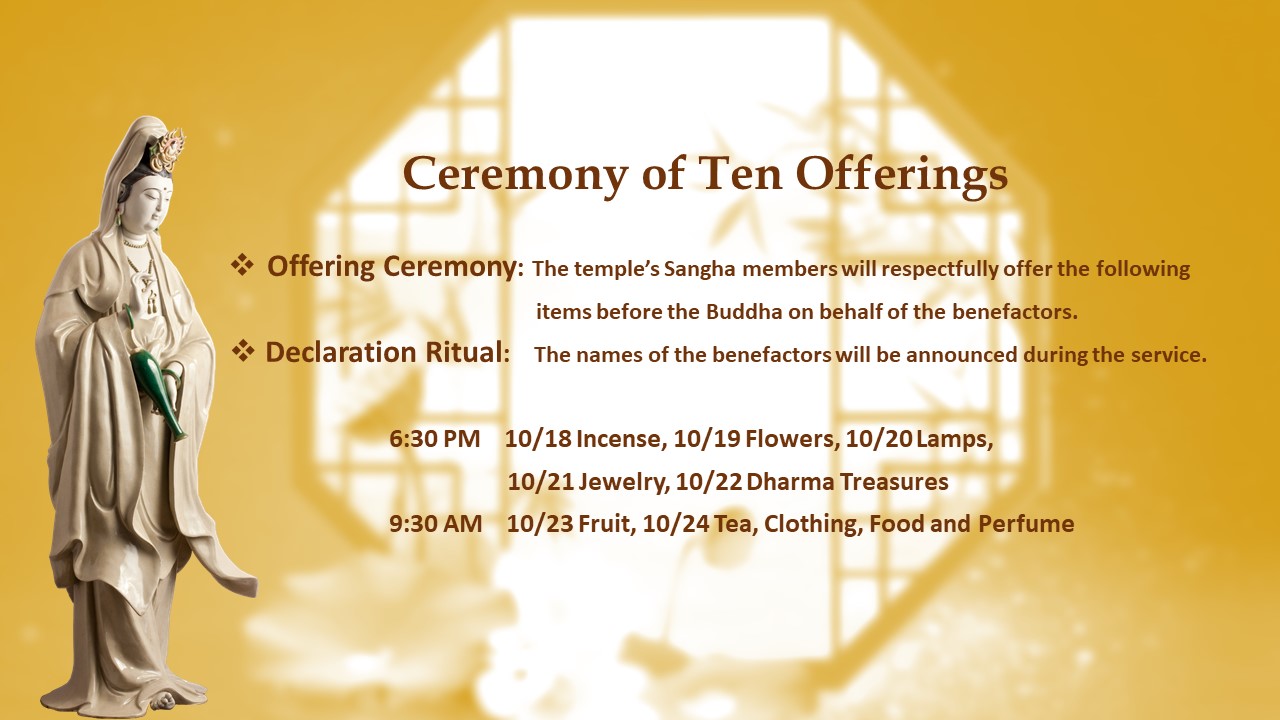
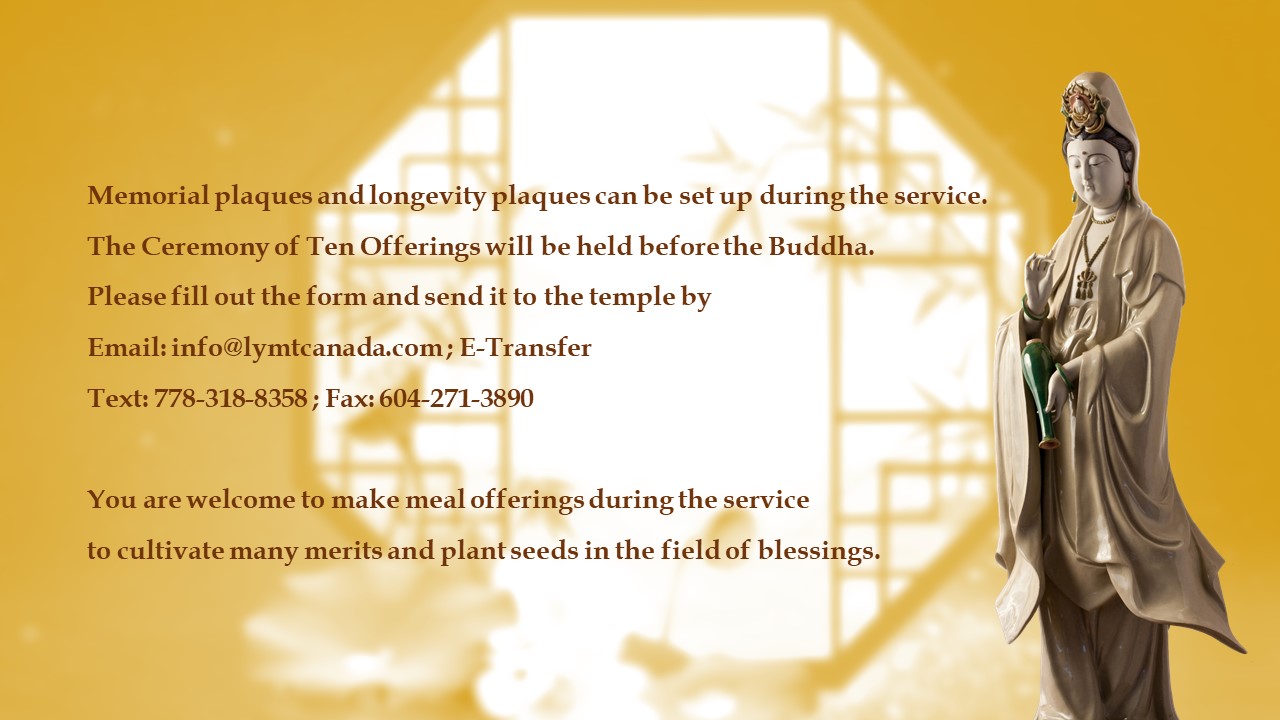
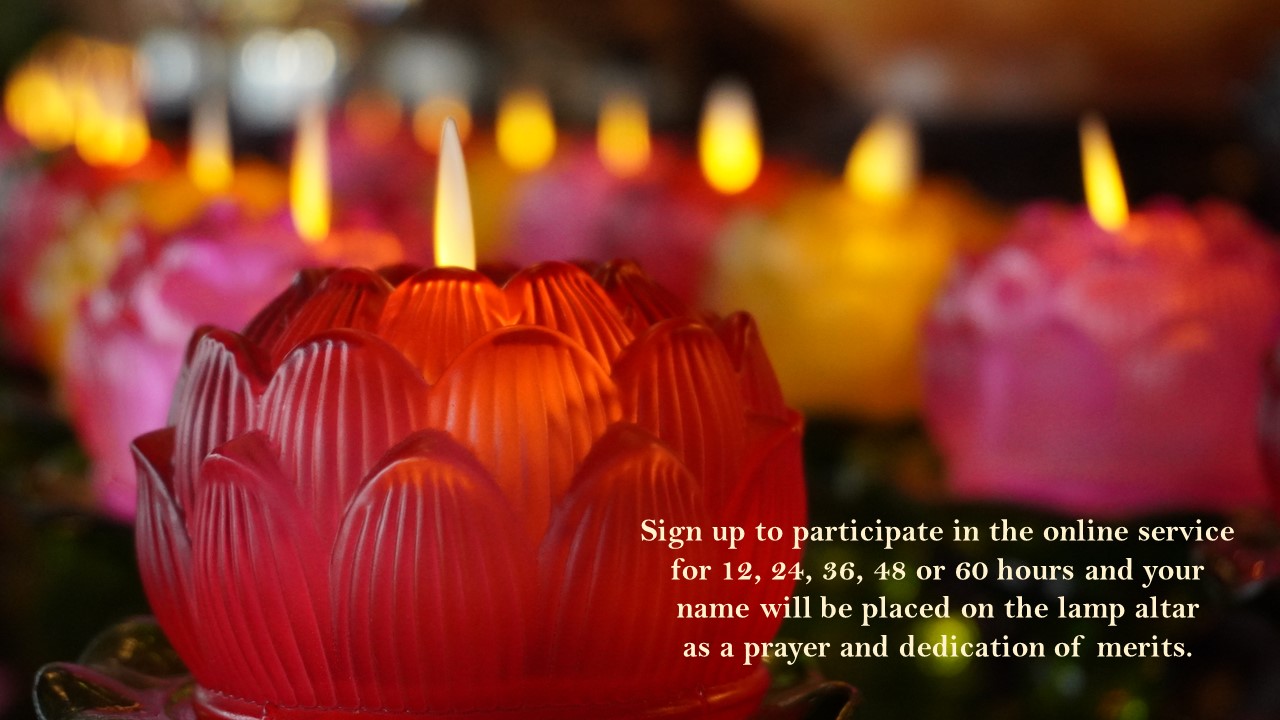
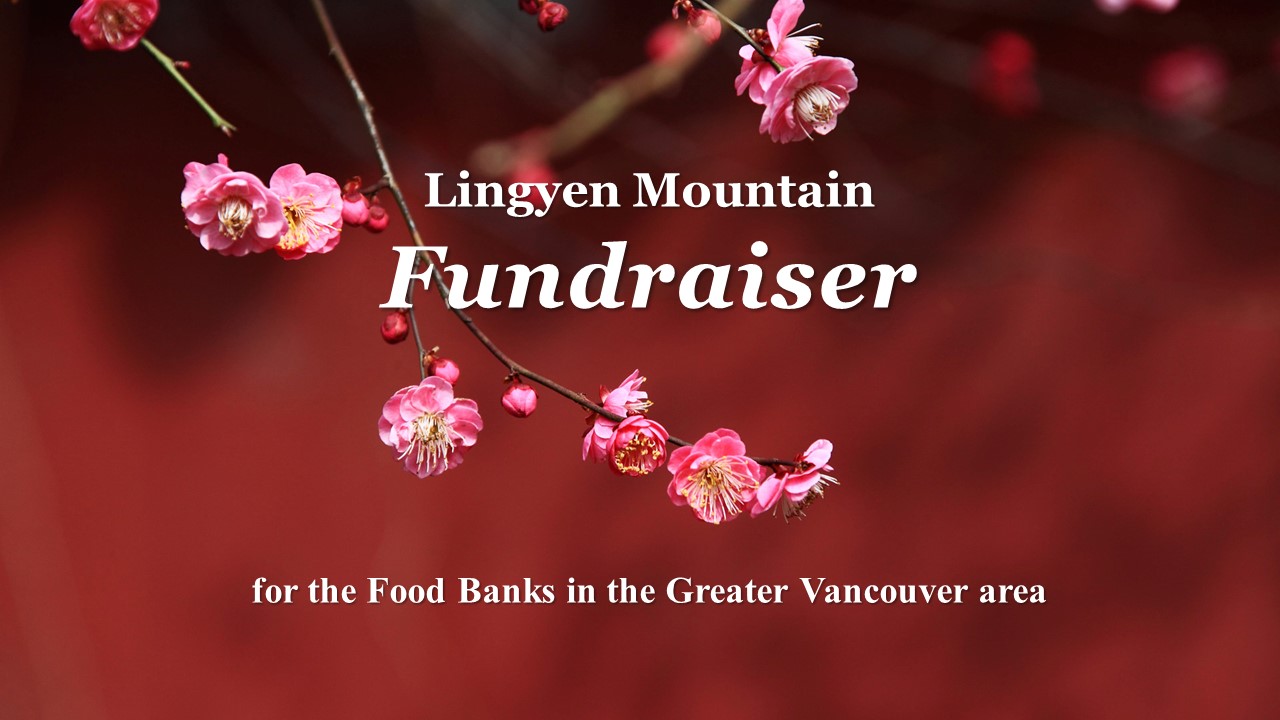
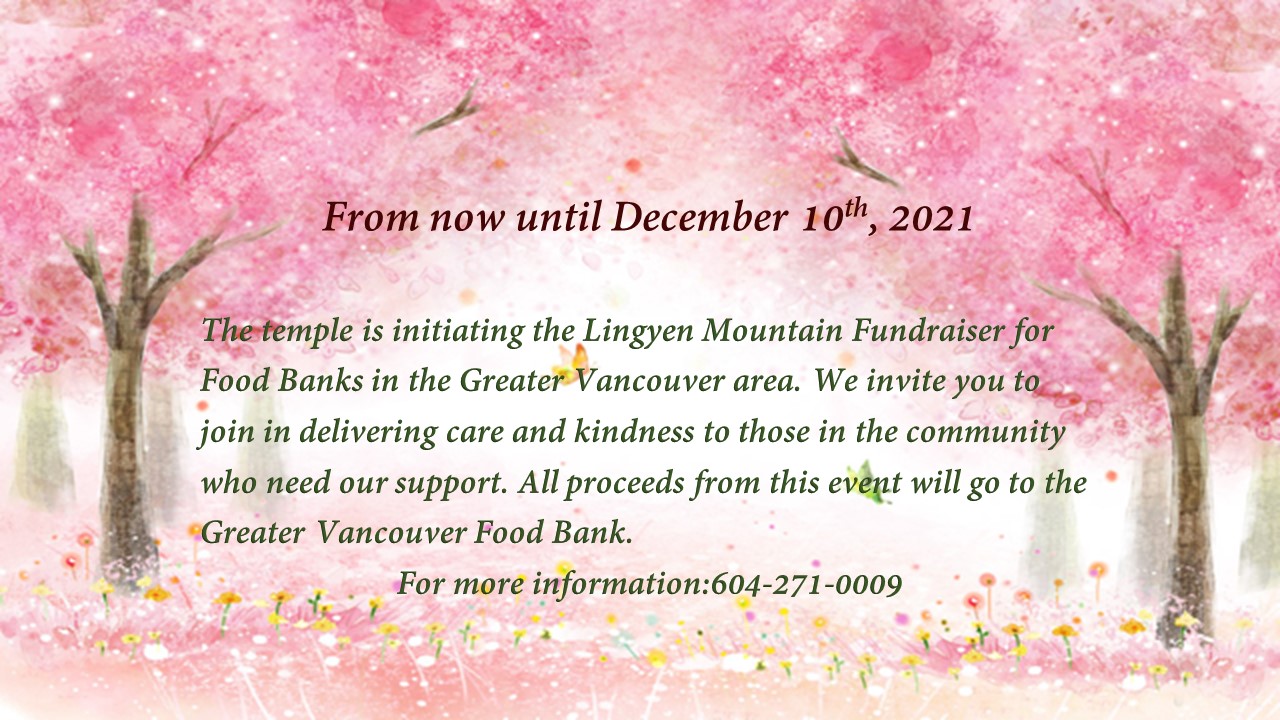
 The ceremony began with the supervisor of the construction, Dharma Master Shiu Chie’s opening address. She expressed how even though the third phase construction has been through 18 years of challenges, she reminds herself of the Founding Abbot, Venerable Master Miao Lien’s compassionate vows to complete the monastery, and of how sentient beings in this Dharma-Ending Age live in a world of unrest. She said, “In times like this, we need a Compassionate Vessel to guide sentient beings even more. I am thankful for the protection of the Three Treasures and support from followers. Of course, I would like to express gratitude toward the land donor of the first and second phase of the temple, allowing monastic members to settle and cultivate while propagating the Buddhadharma. However, with not enough space, the third phase land donor came forth, and that is what started the current construction plans. I would like to thank all Dharma supporters and followers for their support, and all the circumstances that led toward today’s success. The temple’s gate has been closed for the last two years due to the pandemic, but the Buddha’s gate is never closed. Under the leadership of our Venerable Abbot, we continue to share Buddhism with the entire world through the internet. I would also like to thank the construction team for continuing to work on the third phase plans throughout the past two years. It is not easy to display Eastern architecture in a Western environment. Today’s event is a beginning, and I would like to ask all virtuous supporters to continue supporting the Lingyen monastery, and dedicate all the resulting merits toward peace in the world and prosperity of the country. Finally, I wish that all supporters and those who see and hear enjoy peace, safety and auspiciousness in everything they do; in the future, may we all be reborn in the Western Pure Land and realize Buddhahood together.”
The ceremony began with the supervisor of the construction, Dharma Master Shiu Chie’s opening address. She expressed how even though the third phase construction has been through 18 years of challenges, she reminds herself of the Founding Abbot, Venerable Master Miao Lien’s compassionate vows to complete the monastery, and of how sentient beings in this Dharma-Ending Age live in a world of unrest. She said, “In times like this, we need a Compassionate Vessel to guide sentient beings even more. I am thankful for the protection of the Three Treasures and support from followers. Of course, I would like to express gratitude toward the land donor of the first and second phase of the temple, allowing monastic members to settle and cultivate while propagating the Buddhadharma. However, with not enough space, the third phase land donor came forth, and that is what started the current construction plans. I would like to thank all Dharma supporters and followers for their support, and all the circumstances that led toward today’s success. The temple’s gate has been closed for the last two years due to the pandemic, but the Buddha’s gate is never closed. Under the leadership of our Venerable Abbot, we continue to share Buddhism with the entire world through the internet. I would also like to thank the construction team for continuing to work on the third phase plans throughout the past two years. It is not easy to display Eastern architecture in a Western environment. Today’s event is a beginning, and I would like to ask all virtuous supporters to continue supporting the Lingyen monastery, and dedicate all the resulting merits toward peace in the world and prosperity of the country. Finally, I wish that all supporters and those who see and hear enjoy peace, safety and auspiciousness in everything they do; in the future, may we all be reborn in the Western Pure Land and realize Buddhahood together.”
 Dharma Master Tze Sung presided over the Purification Ceremony, and purified the entire third phase construction site with Sweet Dew water. The ceremonial Masters led resident Masters, the construction team, and Dharma supporter representatives to circumambulate the site as they recited the Great Compassion Mantra together. They dedicated the merits toward peace and tranquility for the monastery, and the smooth and expeditious completion of the construction, so that it can benefit all sentient beings. After the Declaration by the presiding Dharma Master, everyone listened to peaceful chanting of the Buddha’s name as they watched as the excavator made the first three digs into the ground, symbolizing the official start of the third phase construction. All participants gave their warmest applause as they witnessed and celebrated this historic moment.
Dharma Master Tze Sung presided over the Purification Ceremony, and purified the entire third phase construction site with Sweet Dew water. The ceremonial Masters led resident Masters, the construction team, and Dharma supporter representatives to circumambulate the site as they recited the Great Compassion Mantra together. They dedicated the merits toward peace and tranquility for the monastery, and the smooth and expeditious completion of the construction, so that it can benefit all sentient beings. After the Declaration by the presiding Dharma Master, everyone listened to peaceful chanting of the Buddha’s name as they watched as the excavator made the first three digs into the ground, symbolizing the official start of the third phase construction. All participants gave their warmest applause as they witnessed and celebrated this historic moment.
 To conclude the ceremony, our Venerable Abbot, Dharma Master Tze Cheng joined us online from Taiwan to share some compassionate words of encouragement. The Venerable Abbot said: “After hearing the good news, I thought of when Shakyamuni Buddha became enlightened. More and more disciples wanted to follow in his footsteps, so there needed to be monasteries built in order to give Sangha members a place to practice the Buddha’s instructions, and give all followers a place to go and listen to the Buddha’s teachings and have their questions answered. Through these interactions, people found answers to their questions and afflictions. After the Buddha entered Nirvana, Buddhism spread to China, and because of the establishment of monasteries, Buddhist teachings have been able to live on in this world. Twenty years ago, our Venerable Master Miao Lien traveled overseas to Canada to propagate the Dharma, and established Lingyen Mountain Temple (Canada). After the first and second phases were completed, the Venerable Master gave many instructions for the third phase construction. All of us disciples could feel the Venerable Master’s two main vows: First, to guide all sentient beings to chant the Buddha’s name and be reborn in the Western Pure Land, and second, to nurture skilled individuals and strengthen Buddhist disciples by bringing them together. We are not building monasteries for our own enjoyment. A monastery is a place to pursue Bodhi, a place of awakening. We are building this temple in accord with the Buddha’s and the Venerable Master’s goals—to share this Dharma of awakening with the entire world. Wherever there is a temple, sentient beings will be able to learn the ways to liberation. This year, due to the pandemic, we are holding today’s ceremony in a special way. The Dharma supporters and followers here today have witnessed this moment. I hope that everyone will work together with the Masters to complete this great monastery that will carry on ancient traditions as well as create possibilities for the future, so that everyone who has the affinity to step inside Lingyen Mountain Temple, regardless of their race, cultural background, and religious beliefs, can recognize the concept that all sentients beings are equal, and everyone has the Buddha Nature. I also wish that our temple will be completed soon: “May we plant lotus seeds of the Western Pure Land all over the three thousand worlds of the East.” After the ceremony, everyone here is invited to drive around the construction site. The Masters and volunteers will give out gifts to each and every participant.
To conclude the ceremony, our Venerable Abbot, Dharma Master Tze Cheng joined us online from Taiwan to share some compassionate words of encouragement. The Venerable Abbot said: “After hearing the good news, I thought of when Shakyamuni Buddha became enlightened. More and more disciples wanted to follow in his footsteps, so there needed to be monasteries built in order to give Sangha members a place to practice the Buddha’s instructions, and give all followers a place to go and listen to the Buddha’s teachings and have their questions answered. Through these interactions, people found answers to their questions and afflictions. After the Buddha entered Nirvana, Buddhism spread to China, and because of the establishment of monasteries, Buddhist teachings have been able to live on in this world. Twenty years ago, our Venerable Master Miao Lien traveled overseas to Canada to propagate the Dharma, and established Lingyen Mountain Temple (Canada). After the first and second phases were completed, the Venerable Master gave many instructions for the third phase construction. All of us disciples could feel the Venerable Master’s two main vows: First, to guide all sentient beings to chant the Buddha’s name and be reborn in the Western Pure Land, and second, to nurture skilled individuals and strengthen Buddhist disciples by bringing them together. We are not building monasteries for our own enjoyment. A monastery is a place to pursue Bodhi, a place of awakening. We are building this temple in accord with the Buddha’s and the Venerable Master’s goals—to share this Dharma of awakening with the entire world. Wherever there is a temple, sentient beings will be able to learn the ways to liberation. This year, due to the pandemic, we are holding today’s ceremony in a special way. The Dharma supporters and followers here today have witnessed this moment. I hope that everyone will work together with the Masters to complete this great monastery that will carry on ancient traditions as well as create possibilities for the future, so that everyone who has the affinity to step inside Lingyen Mountain Temple, regardless of their race, cultural background, and religious beliefs, can recognize the concept that all sentients beings are equal, and everyone has the Buddha Nature. I also wish that our temple will be completed soon: “May we plant lotus seeds of the Western Pure Land all over the three thousand worlds of the East.” After the ceremony, everyone here is invited to drive around the construction site. The Masters and volunteers will give out gifts to each and every participant.
 Lingyen Mountain Temple (Canada) follows the traditions of ancient forest monasteries and the teachings of Patriarch Yin Kuang, working hard to propagate the Pure Land Dharma method, upholding the precepts and chanting the Buddha’s name. Through the guidance of the Founding Abbot, Venerable Master Miao Lien’s compassionate vows and the help of virtuous supporters everywhere, the temple officially opened to the public in 1999. Since then, the temple has grown steadily over the years, hosting various Dharma services and educational programs every year, allowing people of all ages to learn about the Buddhadharma and benefit from the Buddha’s kindness. Since space quickly became insufficient, the greatly compassionate Venerable Master repeatedly gave instructions to establish the third phase of the monastery. This touched a greatly virtuous supporter to donate the land which will now be the site of the third phase construction.
Lingyen Mountain Temple (Canada) follows the traditions of ancient forest monasteries and the teachings of Patriarch Yin Kuang, working hard to propagate the Pure Land Dharma method, upholding the precepts and chanting the Buddha’s name. Through the guidance of the Founding Abbot, Venerable Master Miao Lien’s compassionate vows and the help of virtuous supporters everywhere, the temple officially opened to the public in 1999. Since then, the temple has grown steadily over the years, hosting various Dharma services and educational programs every year, allowing people of all ages to learn about the Buddhadharma and benefit from the Buddha’s kindness. Since space quickly became insufficient, the greatly compassionate Venerable Master repeatedly gave instructions to establish the third phase of the monastery. This touched a greatly virtuous supporter to donate the land which will now be the site of the third phase construction.
 Since submitting its initial application in 2003, the third phase construction proposal has been through all kinds of hardships, ups and downs. After three submissions and three withdrawals, the proposal finally passed through the third reading at the City Hall Public Hearing in June, 2016. The fourth reading was completed in November, 2017, and we respectfully invited Venerable Master Yuan Zong to preside over the Groundbreaking Ceremony in June, 2018. Under the leadership of our Venerable Abbot, and after many brainstorming sessions with our architect and construction team to plan the building details, the construction permit was finally obtained on June 24, 2021. The construction officially began on July 18, moving towards a new milestone!
Since submitting its initial application in 2003, the third phase construction proposal has been through all kinds of hardships, ups and downs. After three submissions and three withdrawals, the proposal finally passed through the third reading at the City Hall Public Hearing in June, 2016. The fourth reading was completed in November, 2017, and we respectfully invited Venerable Master Yuan Zong to preside over the Groundbreaking Ceremony in June, 2018. Under the leadership of our Venerable Abbot, and after many brainstorming sessions with our architect and construction team to plan the building details, the construction permit was finally obtained on June 24, 2021. The construction officially began on July 18, moving towards a new milestone!
 The third phase construction of Lingyen Mountain Temple (Canada) includes a magnificent Main Buddha Hall which will enshrine the Three Treasure Buddhas, with a Patriarch Hall, Longevity Hall and Memorial Hall to its sides. Below the Main Buddha Hall will be the Dining Hall, kitchen, and Information Centre. There will be a central courtyard, with a Dharma Protector Hall, Manjusri Hall, and Samantabhadra Hall in the front. To the south will be a Buddhist Education Centre, with a Guan Yin Hall, Conference Centre, Presentation Room, classrooms, Venerable Master Miao Lien Memorial Hall, Administrative offices, and dormitory rooms. The completion of the third phase construction will allow Buddhist teachings to be spread throughout and flourish in the West, and serve a significant function in cultural exchange and social education.
The third phase construction of Lingyen Mountain Temple (Canada) includes a magnificent Main Buddha Hall which will enshrine the Three Treasure Buddhas, with a Patriarch Hall, Longevity Hall and Memorial Hall to its sides. Below the Main Buddha Hall will be the Dining Hall, kitchen, and Information Centre. There will be a central courtyard, with a Dharma Protector Hall, Manjusri Hall, and Samantabhadra Hall in the front. To the south will be a Buddhist Education Centre, with a Guan Yin Hall, Conference Centre, Presentation Room, classrooms, Venerable Master Miao Lien Memorial Hall, Administrative offices, and dormitory rooms. The completion of the third phase construction will allow Buddhist teachings to be spread throughout and flourish in the West, and serve a significant function in cultural exchange and social education.
 Nevertheless, the construction of a monastery cannot be completed alone; it will depend on everyone’s united support in order to serve its function of benefiting all sentient beings. We invite you to contribute to the Temple Construction Fund, and plant a seed in the temple’s field of blessings. You will find the categories of contributions on our website www.lymtcanada.com, or call the temple at 604-271-0009. We hope everyone will take advantage of this rare opportunity to cultivate blessings and wisdom as we build this Great Compassionate Vessel that belongs to every one of us, and create a pure Buddha Land for generations to come, bringing inner tranquility and joy to people everywhere.
Nevertheless, the construction of a monastery cannot be completed alone; it will depend on everyone’s united support in order to serve its function of benefiting all sentient beings. We invite you to contribute to the Temple Construction Fund, and plant a seed in the temple’s field of blessings. You will find the categories of contributions on our website www.lymtcanada.com, or call the temple at 604-271-0009. We hope everyone will take advantage of this rare opportunity to cultivate blessings and wisdom as we build this Great Compassionate Vessel that belongs to every one of us, and create a pure Buddha Land for generations to come, bringing inner tranquility and joy to people everywhere.

